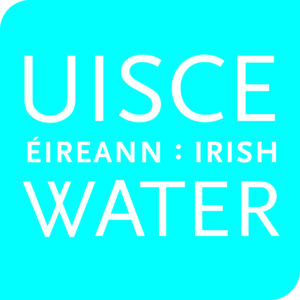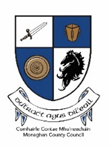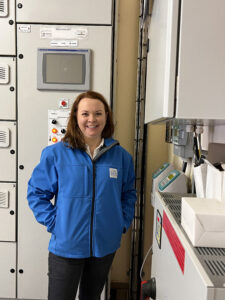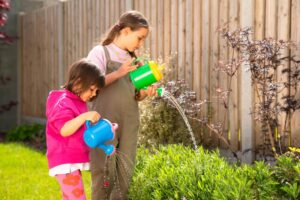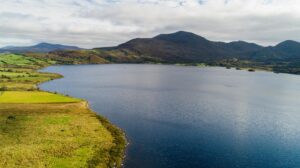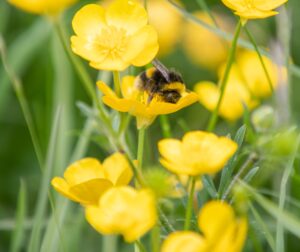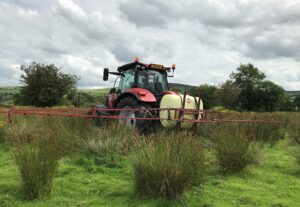A Do Not Consume Notice for localised section of the network in Monaghan Town has been lifted with immediate effect. Uisce Éireann can confirm that, following consultation with the Health Service Executive, customers can now resume normal use of the water supply.
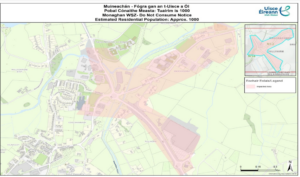
The notice, which was issued on 24 October, was put in place to protect the health of customers due to elevated levels of manganese detected in the public water supply.
Drinking water experts from Uisce Éireann worked to lift the notice as quickly and safely as possible and following satisfactory water samples the Do Not Consume notice has been lifted. The 1,000 customers affected on Derry Road, Armagh Road, Knockaconny and the Tullyhirm Townland can now use their water as normal.
Uisce Eireann’s Peadar McGuinness acknowledged the impact of the notice on homes and businesses and thanked the community for their support while we worked to lift the notice.
“Uisce Éireann’s primary focus remains the protection of public health and we worked with our stakeholders to lift the notice as quickly as possible.”
“We are grateful to customers, elected representatives and the media for their assistance in sharing information on the Do Not Consume Notice.”
Updates are available on the Water Supply Updates section, on X (formerly Twitter) @IWCare and via our customer care helpline, open 24/7 on 1800 278 278. Business customers can sign up to Uisce Éireann’s text alert service to receive updates on supply interruptions over four hours in duration at www.water.ie/business-updates. To register as a vulnerable customer or as an alternative contact, visit www.water.ie/vulnerablecustomer.
Uisce Éireann is responsible for delivering public drinking water and wastewater services for the people of Ireland. We are committed to enabling communities to thrive by continuously upgrading and developing critical infrastructure to support sustainable growth and development, providing safe drinking water, and enhancing the environment.

